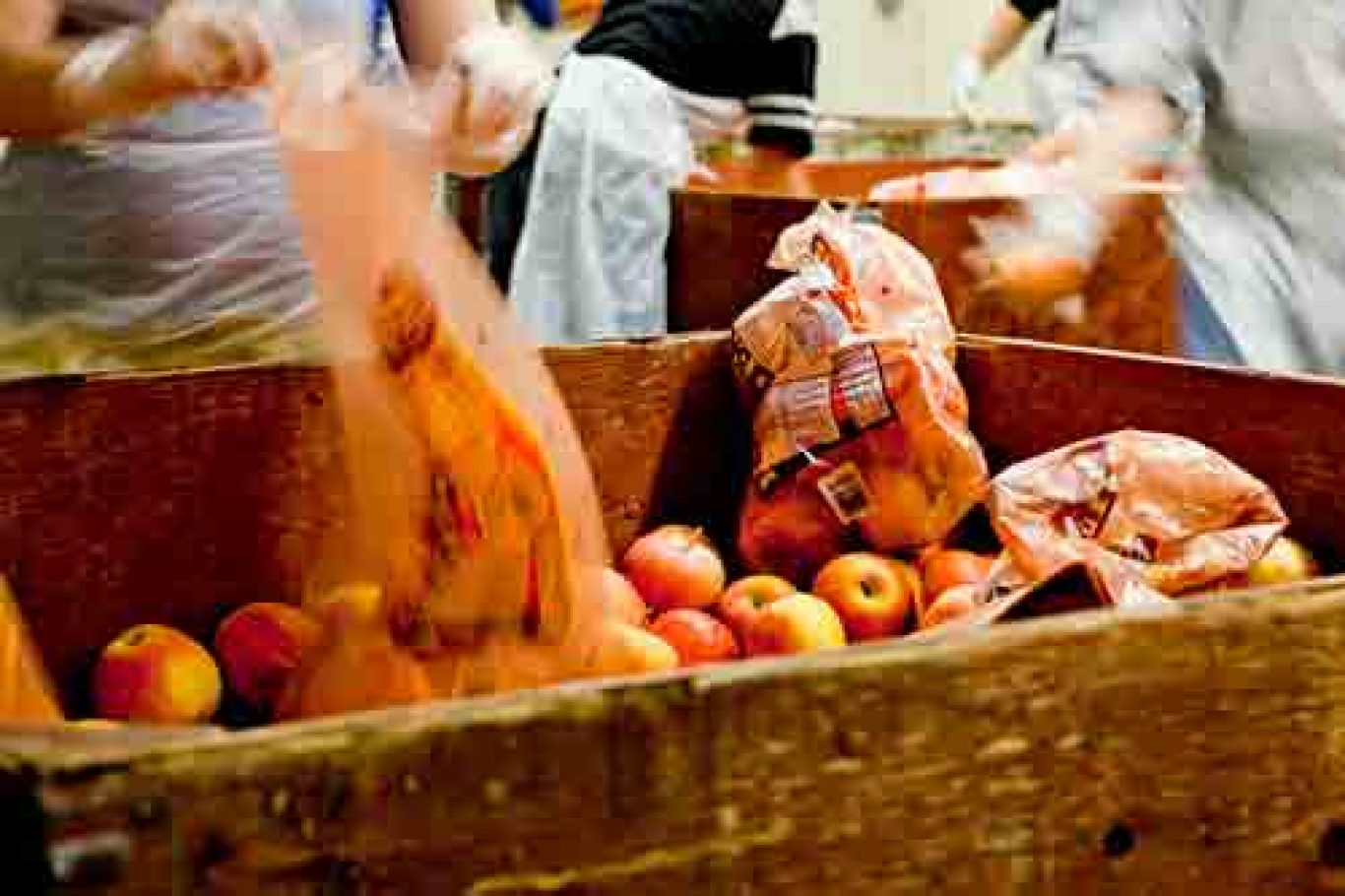Helping those left behind by a booming economy – by David Sarasohn
Helping those left behind by a booming economy – by David Sarasohn
March 29, 2017 – It may well be true, as songwriters and well-meaning aunts remind us, that there is always a silver lining. But it’s also inescapably true that there is always a lead lining – including for the Portland metropolitan area’s booming economy.
Prosperity-driven housing costs have sent rents through the roof and families to the fringes of town. And lately, the shining economic numbers have been darkening the prospects of Oregonians trying to keep some food on their tables.
The welfare reform act of 1996, the gift that keeps on taking, created a new food stamps category of ABAWD, which sounds like a missile defense system but means Able-Bodied Adults Without Dependents – just the people whom the act’s authors suspected of shirking work and living it up on their average $115 a month in food stamps. The act limited ABAWDs to three months on the program – now called SNAP, the Supplementary Nutrition Assistance Program – before facing a work requirement.
For 20 years, Oregon had a waiver from this rule, because the state’s unemployment rate was above the national average. But lately, our exploding local economy has nudged us out of that position, county by county, first Multnomah and Washington and now Clackamas. It’s an achievement that might be celebrated with a banquet; the feds mark it by emptying some plates.
“In some states, they just let everybody hit the three-month limit and go away,” says Belit Burke, who manages the food stamp program for the state. “In Oregon, we don’t think that’s the right thing to do.”
Neither does Oregon Food Bank. It’s working with the state to keep some battered Oregonians connected to a pretty bare lifeline. As the state scrambled to set up an ABAWDs work program, redirecting multiple staff hours to checking SNAP eligibility and setting up connections, Oregon Food Bank scrambled to provide opportunities.
Even without meeting the work requirement, most ABAWDs will stay SNAP-eligible due to their particular situation – chronic homelessness, emotional or substance problems, caring for a handicapped or elderly relative. Some of them actually are working, but bringing in less than $935 a month. Many of those now at risk of not qualifying may not be easily employable.
“A lot of times,” points out Burke, “if you’re a single adult and need food benefits, there’s something going on in your life.”
To keep their food stamps, ABAWDs need at least five hours of community service a week, not always an easy thing to arrange. The food bank, as a qualified non-profit – or as its friends in the IRS call it, a 501(c)(3) – wanted to provide opportunities, but it only had two locations, neither easily reached by public transportation.
Then Oregon Food Bank came up with an idea.
“My team came to realize,” explains Jen Turner, regional network manager at Oregon Food Bank, “that our partner agencies were eligible to join the program.”
With that, opportunities were now available at not just two locations, but at food pantries all over the three counties – and if the unemployment statistics ever come to that, all over the state.
“This could be a really good opportunity for us to get volunteers,” says Deborah Mason, executive director of the Clackamas Service Center, offering food and homelessness resources. “That’s not exactly what I was expecting.”
Not many folks in the hunger world would call the federal policy inspired. It requires considerable state manpower, makes demands on people already straining to stay afloat, saves the government minimal money, and as Belit Burke points out, is used by many states just to strip benefits. “It’s a system,” points out Turner, “that has been designed entirely to be punitive.”
But with considerable effort and ingenuity, and a determination to keep hungry people at the table, the state and Oregon Food Bank have devised a structure to defend adult SNAP eligibility, provide some volunteer effort to stock pantry shelves, and offer some people outside the mainstream the opportunity to join it. The process could provide a pattern if Congress attaches a work requirement to Medicaid.
Maybe there always is a silver lining.
Or maybe, with unwavering commitment, people can make something valuable out of lead.
